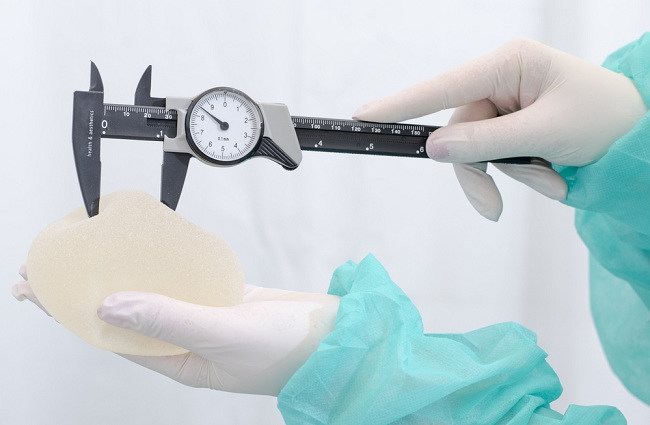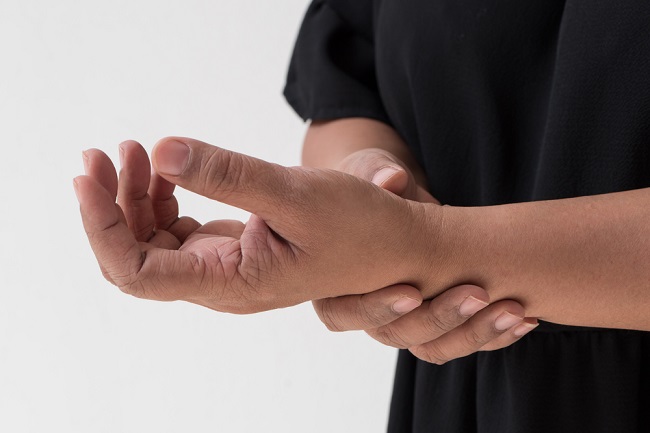Fasting in Ramadan is proven to be healthy if all preparations are done carefully. During fasting, the body does not get food and drink from dawn until sunset. However, do not worry about the skin becomes dry, if you meet adequate fluid intake and nutritious food.
Fasting is not an excuse to be lazy in maintaining the condition of the body. Fasting can teach you how to balance the proportions of carbohydrates, protein, fat, and fluids during sahur and iftar.

Prioritizing Balanced Nutrition and Drinking Enough Water
People who are fasting are encouraged to eat nutritious foods and meet the body's fluid needs. The types of foods that are recommended to be consumed at dawn and iftar such as fruits, vegetables, fish, meat, foods containing fat and sugar are not excessive.
Body fluids are getting thinner during certain hours of activity during fasting. At this time, the body is prone to dehydration or lack of fluids. Symptoms of dehydration include decreased frequency of urination, fatigue, constant thirst, and dry skin.
Steps to prevent dehydration during fasting, can be done by meeting the intake of drinking water at dawn and breaking the fast. The recommended water intake is about 8 glasses or 2 liters per day.
You can drink water after breaking the fast and during sahur. Water intake helps the body to stay hydrated, which prevents the body from becoming dehydrated. However, avoid drinking too much water at once. It can actually make the stomach feel uncomfortable, even trigger vomiting. Sufficient fluid needs by drinking slowly but often.
In addition, avoid consumption of caffeinated beverages such as coffee, cola and tea before fasting. Such caffeinated drinks, can make you urinate more often, so the body is at risk of losing more fluids.
Prevent Dry Skin from Dehydration
The skin plays an important role in covering and protecting the body's organs. Skin disorders due to dehydration cause dry skin characterized by scaly, cracked, and itchy skin. This condition can interfere with your comfort when carrying out daily activities.
In addition, the condition of dry lips is most often experienced by fasting people. Unlike other parts of the skin, the lips are not able to produce oil glands that are useful for moisturizing the skin. Dry lips or chapped lips are one of the most visible signs of dehydration. Forms of prevention can be done by drinking water in sufficient quantities. When fasting, drinking water can be done after breaking the fast and at dawn.
Some ways to care for dry skin you can do in addition to increasing consumption of water, including:
- Avoid scratching dry and itchy skin
- Avoid using hot water when bathing, and
- Use moisturizing skin products after bathing.
Choose skin moisturizing products that match your skin type. If your skin is classified as very dry, it is recommended to use a moisturizing product based on petroleum jelly or petrolatum.
Benefits of Petroleum Jelly for Dry Skin
The benefits of petroleum jelly are as a moisturizing agent to treat and prevent dry, rough, itchy, scaly, and mild skin irritation. The emollients in petroleum jelly work to soften, moisturize, and reduce itching on the skin. The way emollients work is to capture water content by forming a layer of oil on the surface of the skin. So using a petroleum jelly-based moisturizer on a regular basis can be an effective way to deal with dry skin while fasting.
A number of moisturizing products for dry skin on the market are quite safe to use. Although rare, lotions with petroleum jelly are less likely to cause red skin, such as stinging, burning, or irritation. Consult a doctor for advice and treatment of the dry skin condition you are experiencing.
Maximize the benefits of fasting, without worrying about skin conditions anymore. Have healthy and well-groomed skin while fasting, with a balanced nutritional intake, adequate fluids and proper care.









